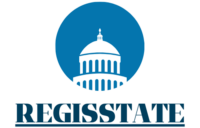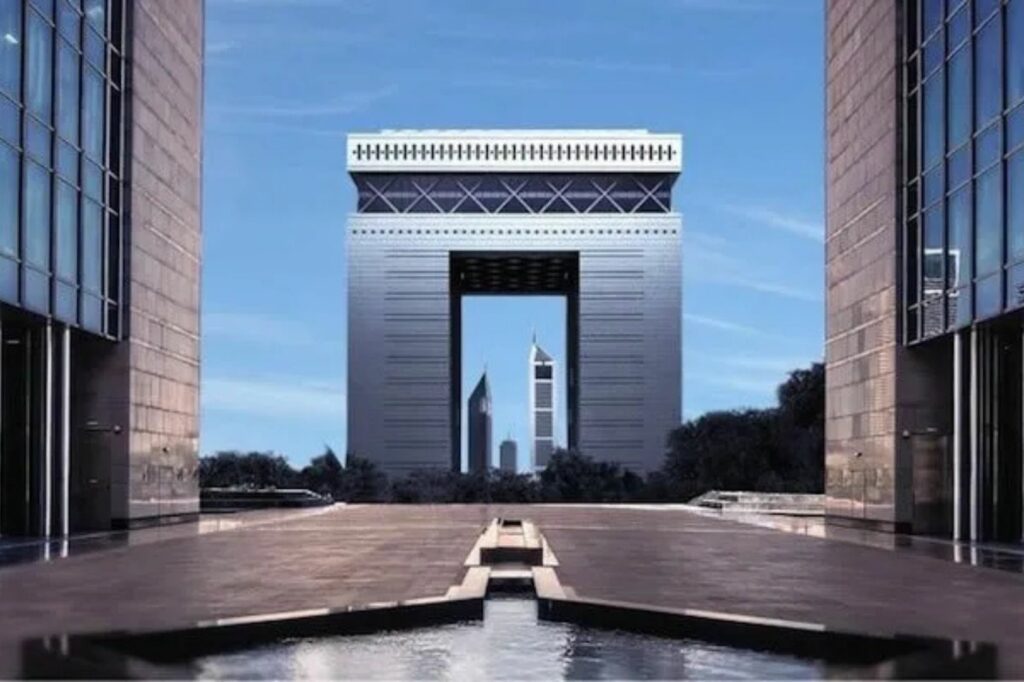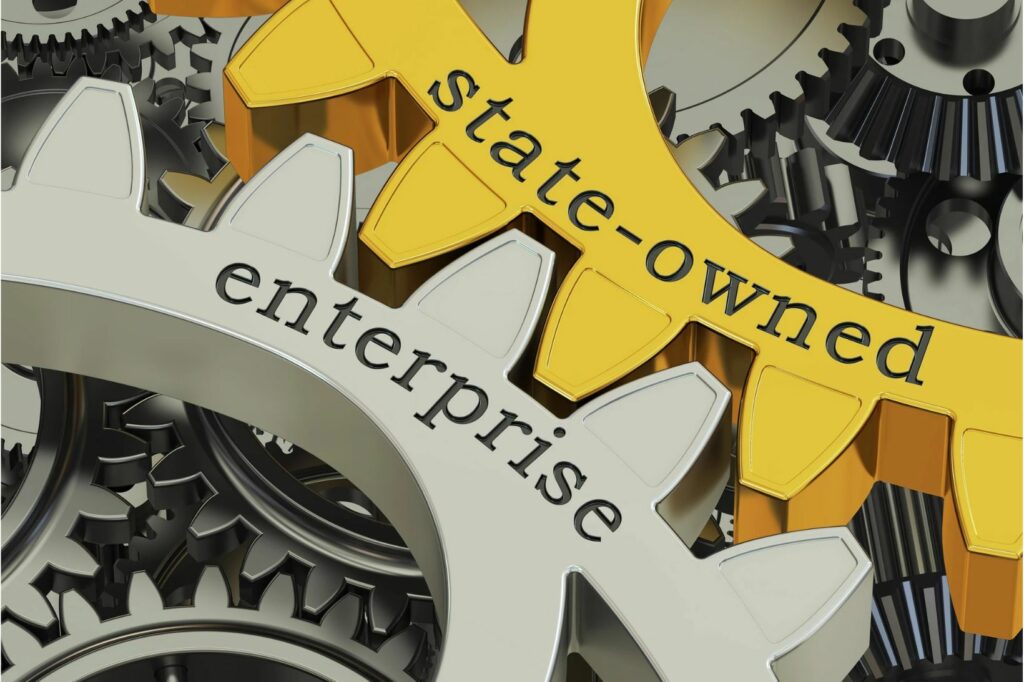Dubai’s rise as a global business hub is not just a story of skyscrapers and luxury; it’s also about strategic governance and innovative management. A key player in this narrative is the role of state-owned enterprises (SOEs), which have been pivotal in driving economic growth and diversification. These entities, often seen as extensions of governmental vision, operate across various sectors, from aviation to real estate, shaping Dubai’s economic landscape.
Effective governance of SOEs in Dubai is crucial for maintaining transparency, accountability, and efficiency. The emirate’s approach combines traditional governance frameworks with modern practices, ensuring these enterprises align with international standards while catering to local needs. As Dubai continues to position itself as a leader in economic innovation, understanding the governance structures of its SOEs offers insights into its broader economic strategies and ambitions.
State Owned Enterprises Governance Dubai
State-Owned Enterprises (SOEs) are key players in Dubai’s economic sphere, underpinning its rapid growth and diversification. They contribute significantly to sectors such as finance, transportation, and energy.
Definition and Importance
SOEs are government-owned organizations operating with commercial objectives. They drive infrastructure development, innovation, and provide public services. In Dubai, SOEs help achieve strategic goals, supporting the emirate’s vision for sustainable economic success. Entities like Dubai Electricity and Water Authority (DEWA) and Emirates Group exemplify this role.
Global Perspectives on Governance
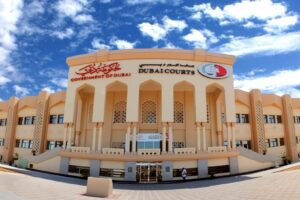 Global best practices in SOE governance prioritize accountability, transparency, and efficiency. Effective frameworks often include strong regulatory oversight, independent boards, and adherence to international standards. Dubai’s governance structures integrate these practices while considering local cultural and economic contexts, ensuring SOEs remain competitive on a global scale.
Global best practices in SOE governance prioritize accountability, transparency, and efficiency. Effective frameworks often include strong regulatory oversight, independent boards, and adherence to international standards. Dubai’s governance structures integrate these practices while considering local cultural and economic contexts, ensuring SOEs remain competitive on a global scale.
Overview of State Owned Enterprises in Dubai
State-owned enterprises (SOEs) in Dubai play a fundamental role in fostering economic development and diversification. These entities operate strategically across various sectors vital to Dubai’s growth.
Historical Background
Dubai’s state-owned enterprises have roots dating back to the early 1970s. Initially established to manage oil revenues, SOEs rapidly expanded their scope as Dubai diversified its economy. Government frameworks evolved, enabling these enterprises to enhance infrastructure and provide key public services. Notable initiatives during this period include the founding of essential entities like Dubai Electricity and Water Authority (DEWA) and Emirates Group, which illustrate Dubai’s forward-thinking economic strategies.
Key Industries and Sectors
SOEs in Dubai are active across several pivotal industries. In finance, institutions like Dubai World lead global investment ventures. The transportation sector is shaped by Dubai’s flagship carrier, Emirates Airlines, contributing significantly to economic connectivity. Energy sector contributions come from entities like DEWA, which underpin sustainable growth. These SOEs not only support traditional sectors but also foster innovation within technology and infrastructure, driving Dubai’s position as a global business hub.
Governance Framework in Dubai
Dubai leverages a robust governance framework to manage its state-owned enterprises (SOEs). This framework ensures effective oversight and strategic alignment with the emirate’s economic vision.
Legal and Regulatory Environment
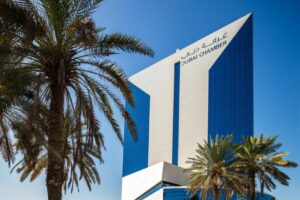 Dubai’s governance framework is underpinned by a comprehensive legal and regulatory environment. The Dubai Government enacts specific laws and regulations that define the operational and financial parameters of SOEs. These regulations focus on ensuring transparency and accountability through rigorous reporting standards. Agencies such as the Dubai Department of Finance and the Supreme Fiscal Committee play pivotal roles in establishing financial protocols and compliance requirements. By adhering to international best practices, Dubai maintains strong legal structures while integrating local customs and economic goals.
Dubai’s governance framework is underpinned by a comprehensive legal and regulatory environment. The Dubai Government enacts specific laws and regulations that define the operational and financial parameters of SOEs. These regulations focus on ensuring transparency and accountability through rigorous reporting standards. Agencies such as the Dubai Department of Finance and the Supreme Fiscal Committee play pivotal roles in establishing financial protocols and compliance requirements. By adhering to international best practices, Dubai maintains strong legal structures while integrating local customs and economic goals.
Roles and Responsibilities of Stakeholders
Clear roles and responsibilities among stakeholders are key to Dubai’s governance of SOEs. The Dubai Government acts as the primary shareholder, setting strategic objectives and performance targets. Board members of SOEs oversee management practices, ensuring alignment with broader economic ambitions. Executives, in turn, implement strategies according to directives, reporting outcomes to the board and government. Moreover, external auditors provide impartial assessments, reinforcing transparency and accountability. This multi-layered governance structure ensures cohesive operations while accommodating adaptability in dynamic market conditions.
Governance Standards
 Dubai’s state-owned enterprises play a pivotal role in shaping the emirate’s economic future through strategic governance and innovative practices. Their ability to balance commercial objectives with public service commitments underscores their importance in driving growth and diversification. As Dubai continues to integrate global best practices within its governance frameworks, the focus remains on enhancing transparency and accountability. By leveraging digital technologies and fostering public-private partnerships, these enterprises are well-positioned to navigate future challenges. With a commitment to sustainability and international expansion, Dubai’s SOEs are poised to maintain their competitive edge and contribute significantly to the emirate’s vision of economic leadership.
Dubai’s state-owned enterprises play a pivotal role in shaping the emirate’s economic future through strategic governance and innovative practices. Their ability to balance commercial objectives with public service commitments underscores their importance in driving growth and diversification. As Dubai continues to integrate global best practices within its governance frameworks, the focus remains on enhancing transparency and accountability. By leveraging digital technologies and fostering public-private partnerships, these enterprises are well-positioned to navigate future challenges. With a commitment to sustainability and international expansion, Dubai’s SOEs are poised to maintain their competitive edge and contribute significantly to the emirate’s vision of economic leadership.
